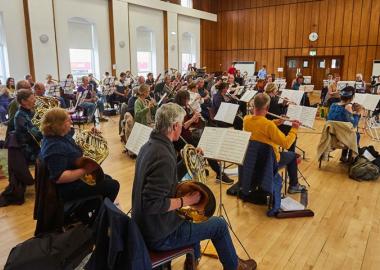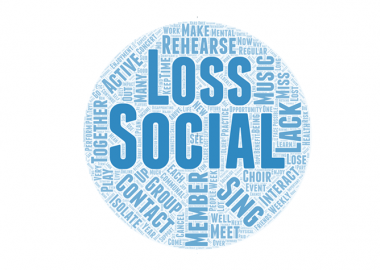The UK’s first ever national live music census took place in 2017. For 24 hours from noon on Thursday 9 March, volunteers in cities across the country went out and about to live music events, from pub gigs to massed choirs to arena concerts.
Making Music was involved in the advisory group brought together by the academic researchers to make sure they cast their net as widely as possible, and many of our members responded to the surveys the team put out.
The resulting report was published earlier this year and you can find it at the UK Live Music website.
The census was innovative in the methodology it used – and has now been used to develop a toolkit, also available on the website, which any city or area could use to conduct its own Live Music Census.
Its findings are perhaps not surprising, in that it revealed that 30-40% of small music venues struggle, severely affected by recent astronomical rises in business rates fuelled by local authorities wrestling with their own lack of funding, for instance.
Also, noise complaints have had an increasingly severe impact on venues – new flats are built right next to a venue, and a few complaints later the venue is forced to close. This has now been addressed by the Agent Of Change principle newly enshrined in the National Planning Framework (for England) and soon to be included in Scotland, too.
This states that where a developer builds residential units near an existing venue, the duty to adequately soundproof the new build lies with the developer, seeing that the venue was there before their property. This is an amazing lobbying success for the combined forces of many musicians and organisations, led by the Musicians Union and the Music Venue Trust, a relatively new organisation, which has done great work in recent years championing small venues and their needs, in particular to local authorities.
Recognising that there is not just an economic impact from the live music scene in a city (though that is revealed here to be very significant), but also a social and educational one, is what makes this research stand out from the crowd. The report makes a good read, if for nothing else then for the eloquent, moving even, and incredibly diverse answers of respondents, revealing the significance of attending live music for their lives.










